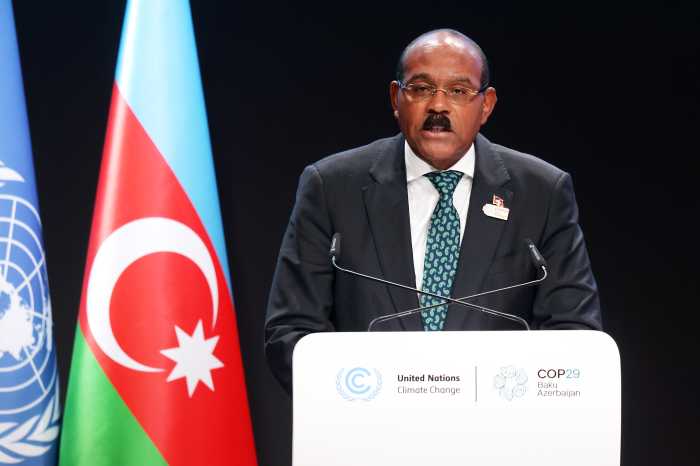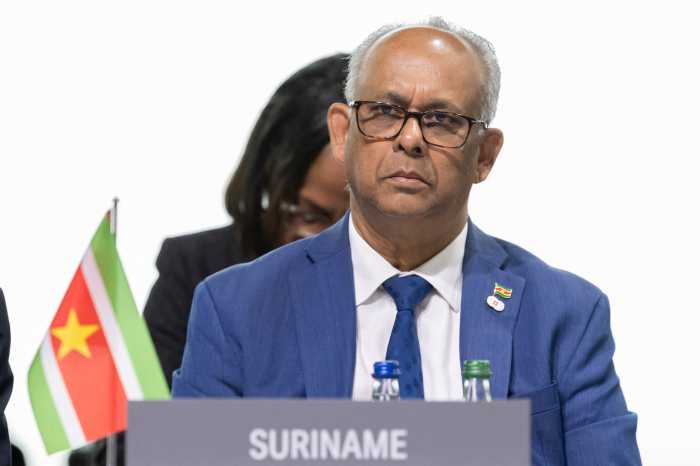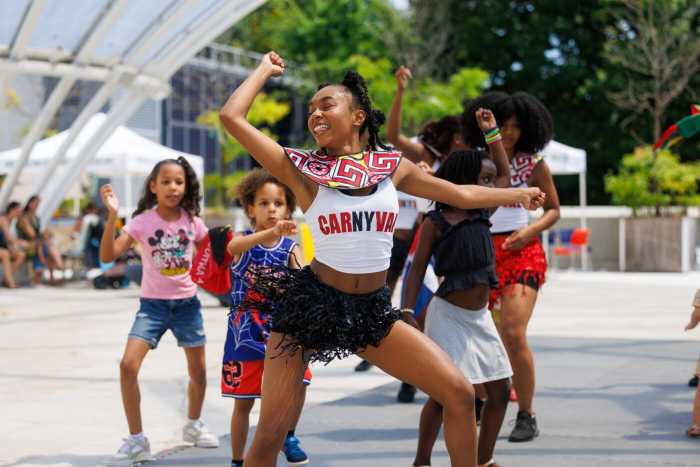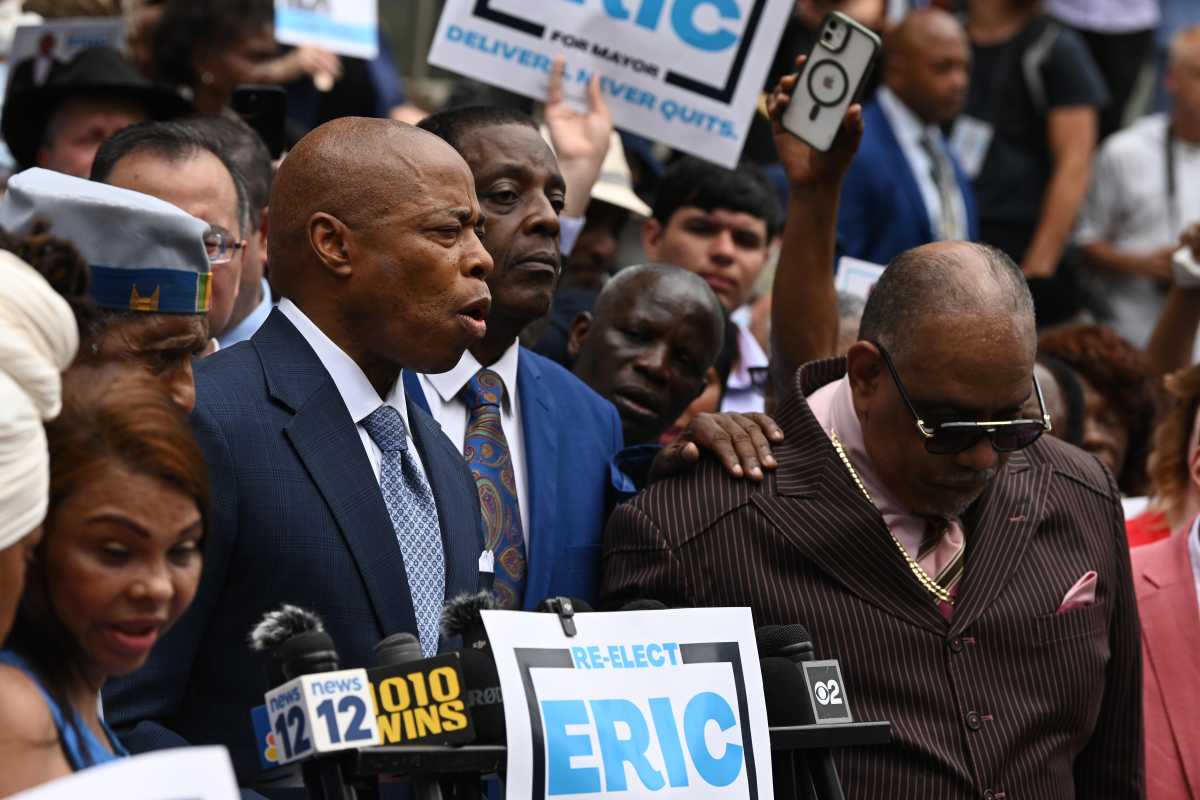This week, as their integration movement turns 40, Caribbean Community leaders assemble in oil- and gas-rich Trinidad for their main annual summit. Key items on their agenda include the looming threat in the key European Union market for the region’s sugar exports and mounting air fares; but officials said last weekend that the significance of this year’s gathering will not be lost at the meeting as the region celebrates its 40th anniversary as an integrated movement.
On July 4th, 1973, Forbes Burnham of Guyana, Eric Williams of Trinidad, Michael Manley of Jamaica and Errol Barrow of Barbados signed off on the Treaty of Chaguaramas setting up the Caribbean Community that has now morphed into a functioning free-trade bloc involving more than a dozen countries.
Since then, it also has admitted two nations that were not former colonies of Britain and so do not speak English as a first language: French- and Creole-speaking Haiti, and Suriname, where Dutch and Sranan Tongo are the main languages.
The conference plans to have a ceremonial re-enactment of the signing, but details were not released at press time.
On Wednesday night, the conference was scheduled have its formal opening ceremony with speeches by several leaders, including host Kamla Persad-Bissessar of Trinidad&Tobago and Michel Martelly of Haiti, who will hand over to Trinidad the rotating chair which it would hold until January next year.
The leaders have this year invited some important colleagues for talks with them. The list includes the newly-minted Nicolas Maduro of Venezuela, Teodoro Obiang Nguema Mlbasogo of Equatorial Guinea and Danilo Medina of The Dominican Republic.
Of these, Maduro who won general elections in Venezuela earlier this year in the aftermath of the death of controversial, revolutionary President Hugo Chavez is easily the most important for what he brings to the table. As Chavez’s successor, Maduro is now in control of the 2005 PetroCaribe Initiative which offers huge amounts of concession oil to more than a dozen regional countries allowing them to stagger payments over long periods and sometimes even compensating with their own export commodities like rice.
Says acting Trinidad Communications Minister Anil Roberts: “President Maduro’s visit is important in the context of the region’s relations with Venezuela – an important player in hemispheric affairs.”
Maduro has just attended the PetroCaribe summit in Nicaragua where leaders reviewed the system and announced satisfaction with its operations while pledging to continue it, due to its tangible benefits to participating states.
The Equatorial Guinean leader is currently the rotating chairman of the African, Caribbean and Pacific (ACP) group of countries. Officials say he will certainly brief the summit on developments in regard to sugar imports to the European Union, in the wake of a decision late last month to eliminate fixed sugar quotas to the EU in 2017. The ACP had proposed 2020 instead, in order to give them more time to prepare for the opening of its market and the entry of bigger and more efficient players like Brazil and Australia.
The big issues apart, the leaders will — for the 40th anniversary, reenact the signing of the Treaty of Chaguaramas which set up the bloc — or Caricom, as it is widely known. On July 4, 1973, Forbes Burnham of Guyana, Eric Williams of Trinidad, Errol Barrow of Barbados and Michael Manley of Jamaica signed off on the treaty that remains the foundation document of the Caribbean Community.
The leaders say they want to also talk about skyrocketing air fares and their effect on tourism, and review a proposal for an inter-island ferry service for the southern Caribbean that will support air transport.


























